Inspiring Marvels of Luxor and Aswan Egypt
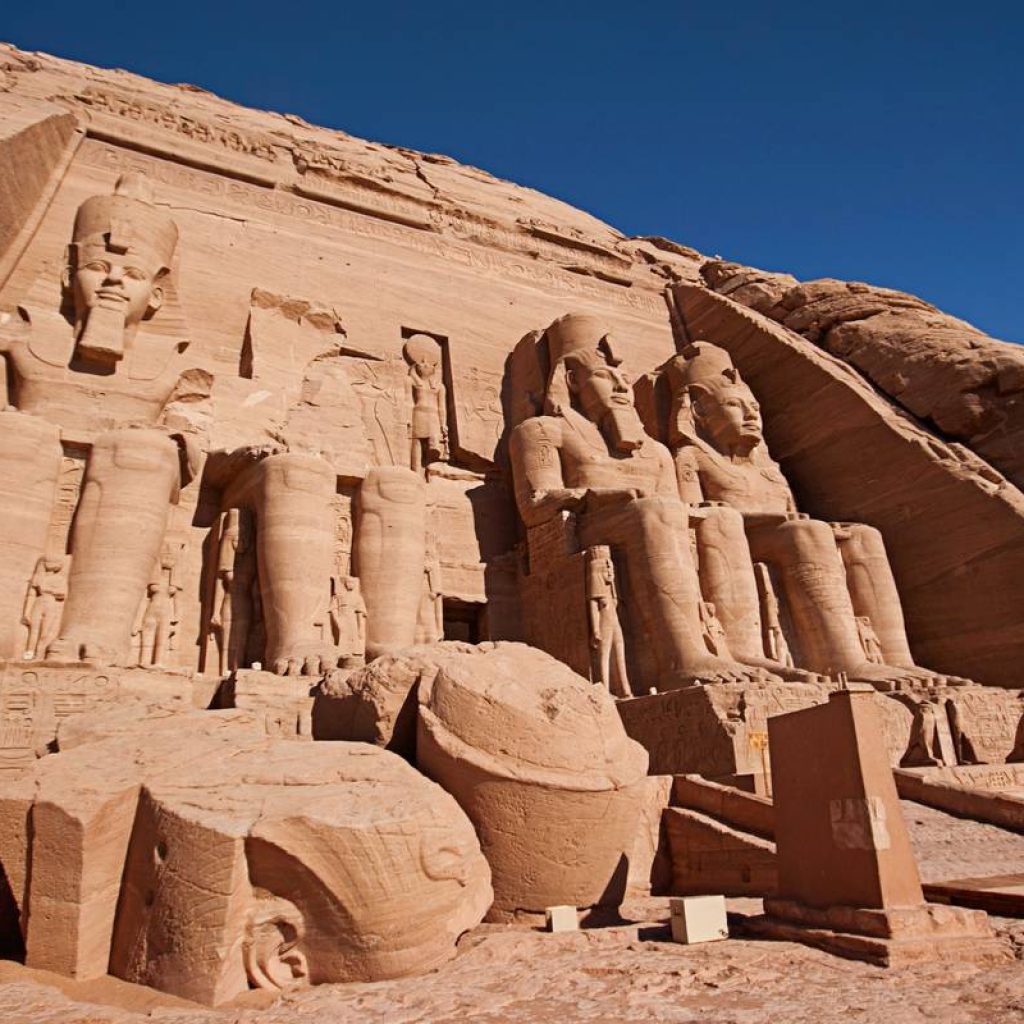
Table of Contents
- Introduction
- The Past of Luxor and Aswan
- The Nile River
- Key Attractions in Luxor
- Exploring the Temples of Karnak and Luxor
- The Kings’ Valley
- Aswan’s Unique Charms
- The Abu Simbel Temples
- Nubian Culture in Aswan
- Tips for Traveling to Luxor and Aswan
- Best Times to Visit
- Conclusion
- FAQs
Introduction
Luxor and Aswan Egypt, is a land of ancient wonders, and while Cairo often takes the spotlight with its pyramids and bustling city life, Luxor and Aswan are equally fascinating destinations. These southern Egyptian cities offer a unique blend of history, culture, and natural beauty. Experience unforgettable moments in Luxor and Aswan, from the majestic temples to the tranquil beauty of the Nile.Luxor and Aswan Egypt, This article delves into the historical significance, main attractions, and practical tips for visiting these remarkable cities.
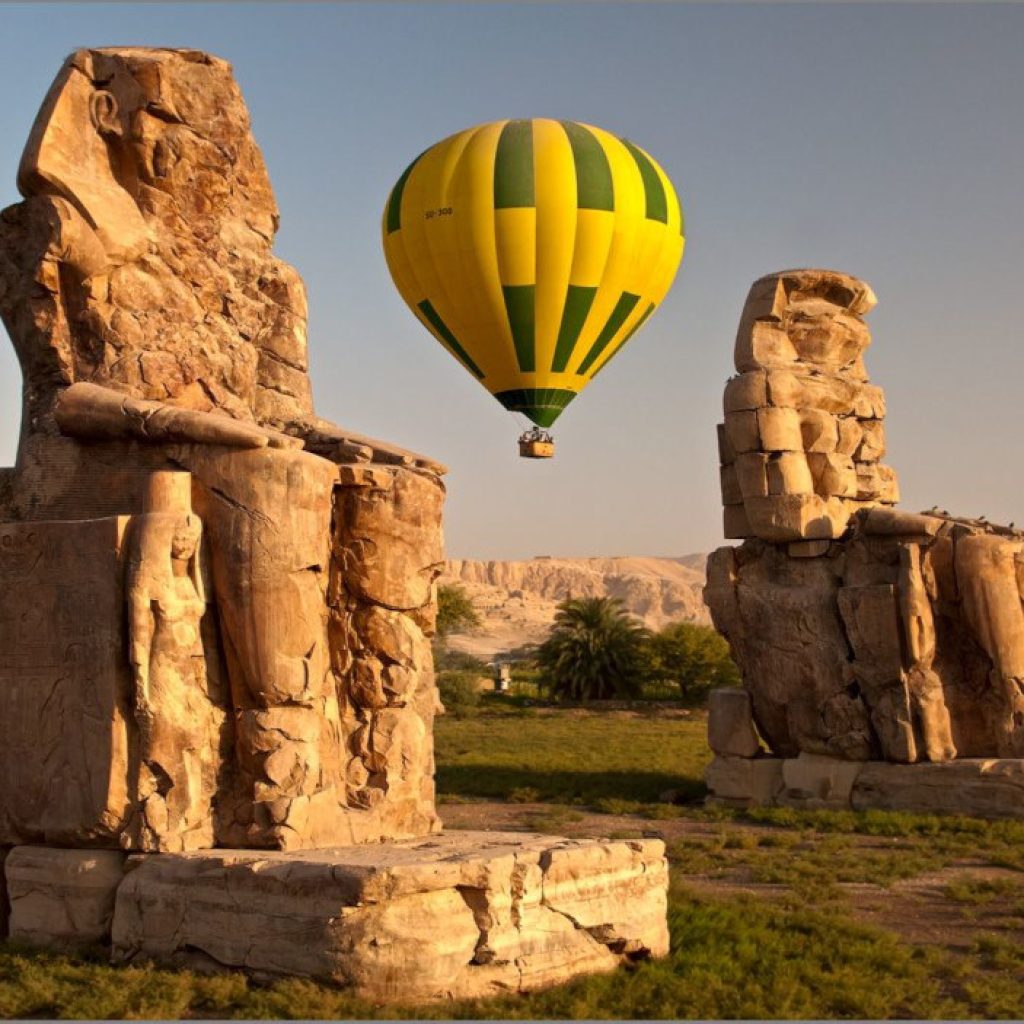
1. The Past of Luxor and Aswan
Luxor and Aswan Egypt, boast a rich history that dates back thousands of years. Luxor, known in ancient times as Thebes, was the capital of Egypt during the New Kingdom period. It served as a religious and political hub, housing the grand temples of Karnak and Luxor. Aswan, on the other hand, was a strategic gateway to Africa and played a vital role in trade and defence. The city’s history is intertwined with the Nubian culture, evident in its monuments and traditions.
2. The Nile River
The Nile River is the lifeblood of Luxor and Aswan Egypt, and its significance cannot be overstated. It has shaped the development of civilizations along its banks for millennia. In Luxor and Aswan, the Nile provides a picturesque setting for exploration. Felucca rides, cruises, and riverside walks offer breathtaking views and a sense of tranquillity. Luxor and Aswan Egypt, The river also plays a crucial role in agriculture, sustaining the lush landscapes that contrast with the surrounding desert Luxor and Aswan Egypt.
3. Key Attractions in Luxor
Luxor is often referred to as the largest open-air museum globally. The city is home to a plethora of archaeological treasures. The Karnak Temple Complex, one of the largest religious buildings ever constructed, is a must-visit. The Luxor Temple, with its grand colonnades and statues, is equally impressive. The city’s museums, such as the Luxor Museum and the Mummification Museum, provide deeper insights into ancient Egyptian civilization.
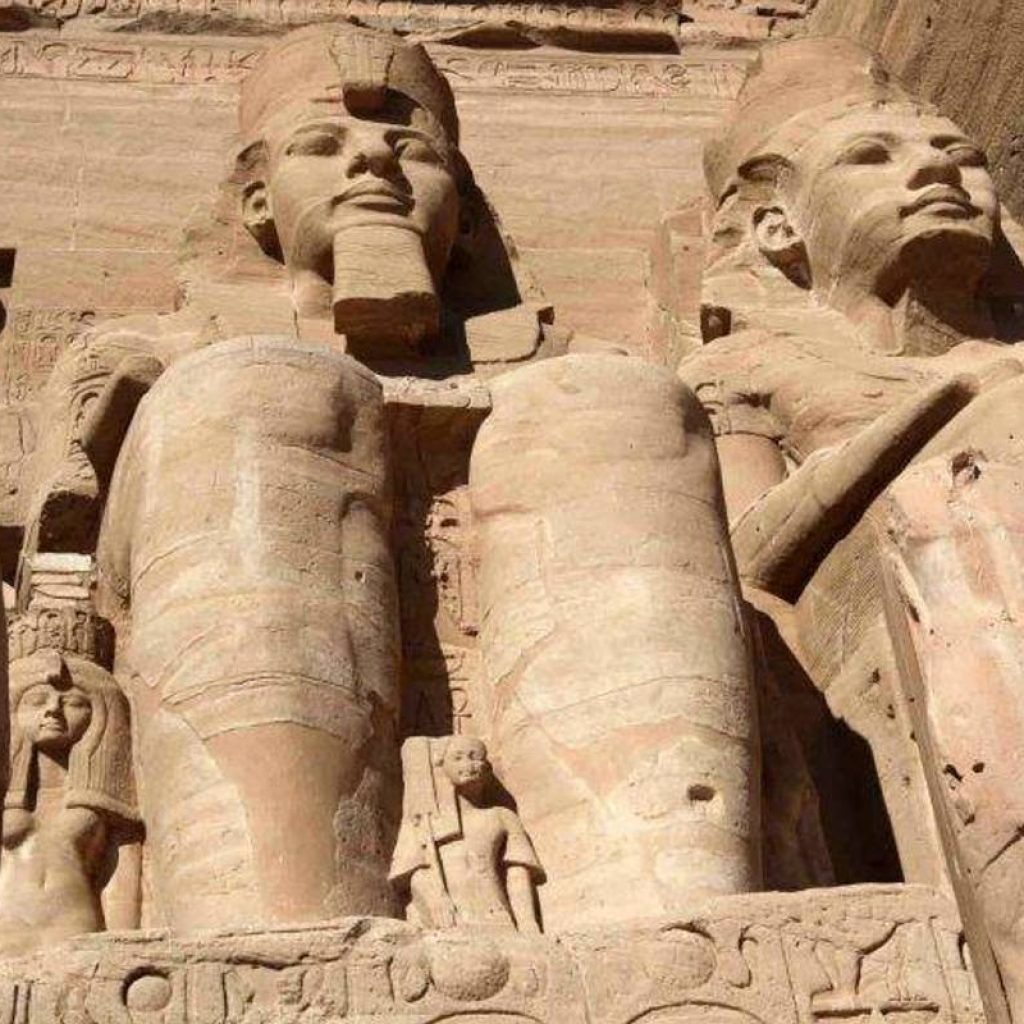
4. The Temples of Karnak and Luxor
The Temples of Karnak and Luxor are monumental achievements of ancient Egyptian architecture. The Karnak Temple Complex, dedicated to the god Amun, features towering pylons, vast courtyards, and intricate hieroglyphs. The Hypostyle Hall, with its 134 massive columns, is a highlight. Located downtown, Luxor Temple is renowned for its sphinx-lined avenue and impressive statues of Ramses II.
Both temples offer a glimpse into the grandeur of ancient Egypt.
5. The Kings’ Valley
The Valley of the Kings is a testament to the ingenuity and craftsmanship of ancient Egyptian tomb builders. Located on the Nile’s west bank, this burial ground contains the tombs of pharaohs and nobles, featuring the famous tomb of Tutankhamun. The colourful wall paintings and detailed carvings in these tombs reveal the beliefs and rituals of ancient Egyptians. A visit to the Valley of the Kings is a journey into the afterlife of the pharaohs.
6. Aswan’s Unique Charms
Aswan, with its laid-back atmosphere and stunning landscapes, offers a different but equally captivating experience. The city’s islands, such as Elephantine Island and Kitchener’s Island, are lush oases in the Nile. The Aswan High Dam, a marvel of modern engineering, has tamed the river’s floods and created Lake Nasser. The Unfinished Obelisk, a massive stone monument, provides a glimpse into ancient quarrying techniques. Aswan’s charm lies in its blend of history and natural beauty.
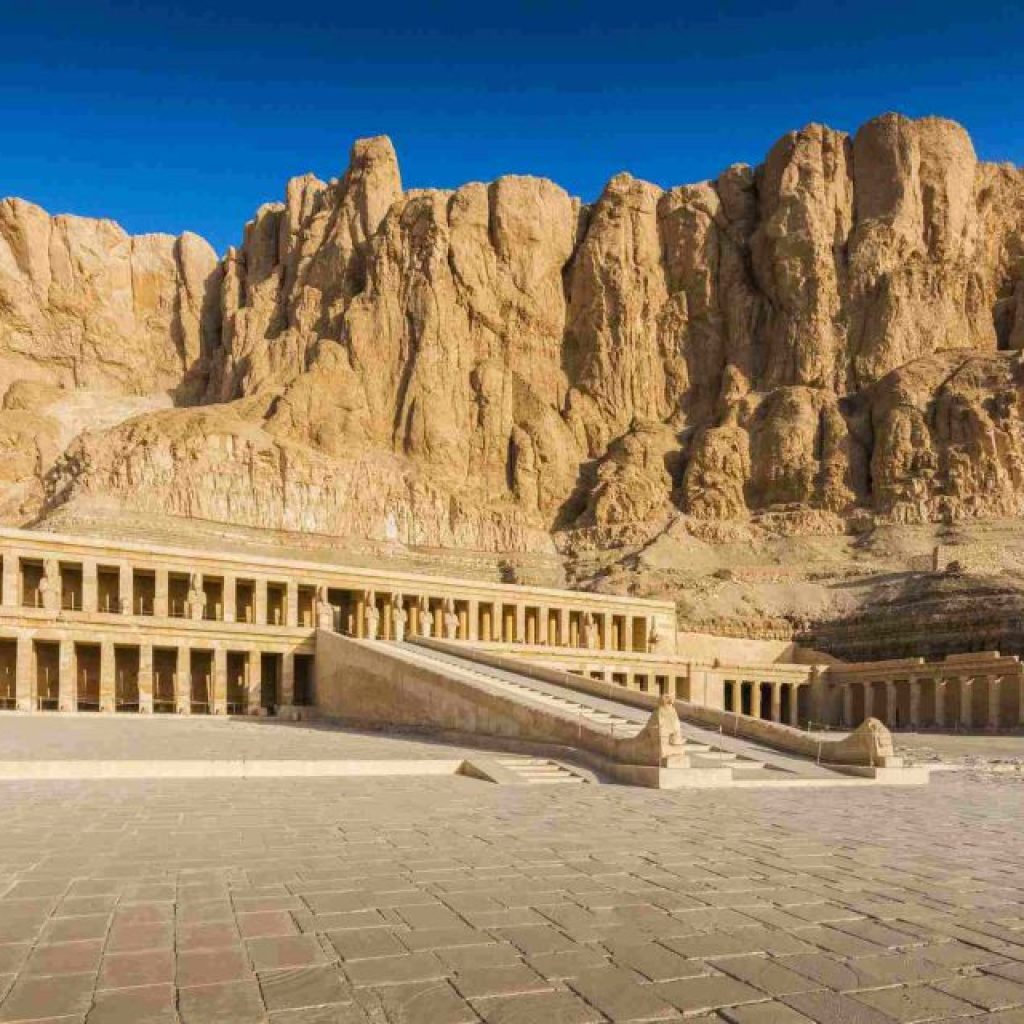
7. The Abu Simbel Temples
The Temples of Abu Simbel are among the most iconic monuments in Egypt. Located near the Sudanese border, these temples were carved out of a mountainside during the reign of Ramses II. and the smaller Temple of Hathor, dedicated to Queen Nefertari, are awe-inspiring. The temples were relocated in the 1960s to avoid flooding from the Aswan High Dam, a remarkable feat of engineering.
8. Nubian Culture in Aswan
Aswan is a cultural melting pot, and the influence of Nubian culture is particularly strong. The Nubian people have a rich heritage, characterized by their unique language, music, and traditions. Visitors can explore Nubian villages, such as Gharb Soheil, and learn about their way of life. The Nubian Museum in Aswan showcases artefacts and exhibits that highlight the history and culture of the Nubian people, providing a deeper understanding of this vibrant community.
9. Tips for Traveling to Luxor and Aswan
Traveling to Luxor and Aswan requires some planning to make the most of your visit. It’s advisable to hire a knowledgeable guide who can provide context and insights into the historical sites. Staying hydrated and protecting yourself from the sun are essential, given the hot climate. Exploring the cities on foot or by bicycle can be enjoyable, but boat rides on the Nile offer a unique perspective.
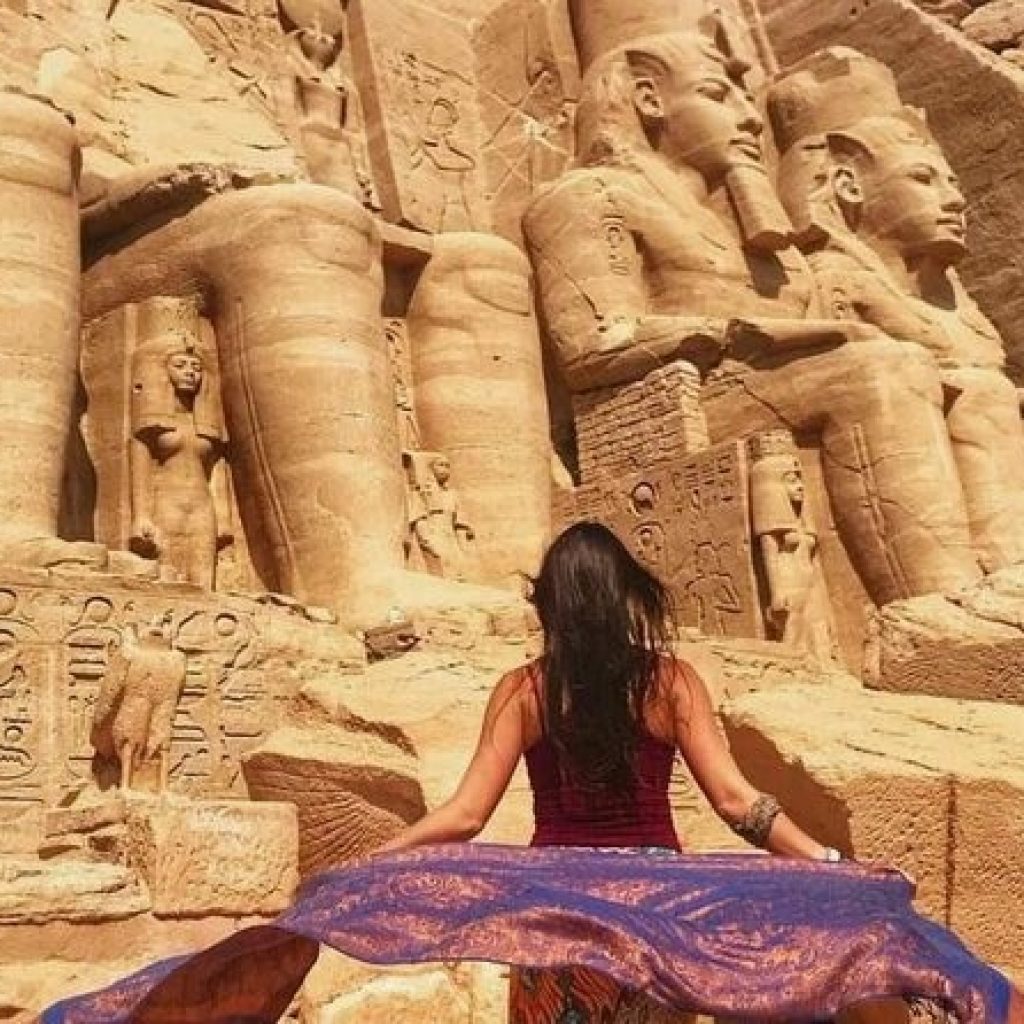
10. Best Times to Visit
The best time to visitLuxor and Aswan Egypt,is during the cooler months, from October to April. The temperatures are more comfortable, making outdoor exploration more enjoyable. The peak tourist season is from December to February, so expect larger crowds at major attractions. If you prefer a quieter experience, consider visiting in the shoulder seasons of October-November and March-April. Regardless of when you visit, Luxor and Aswan’s beauty and history will leave a lasting impression.
Conclusion
Luxor and Aswan Egypt,with their ancient monuments, cultural richness, and stunning landscapes, are must-visit destinations in Egypt. Whether you’re exploring the grand temples of Karnak and Luxor, delving into the tombs of the Valley of the Kings, or soaking in the serene beauty of the Nile in Aswan, these cities offer a journey through time and culture. A trip to Luxor and Aswan is not just a holiday but an adventure into the heart of Ancient Egypt, where history and modernity coexist in perfect harmony.
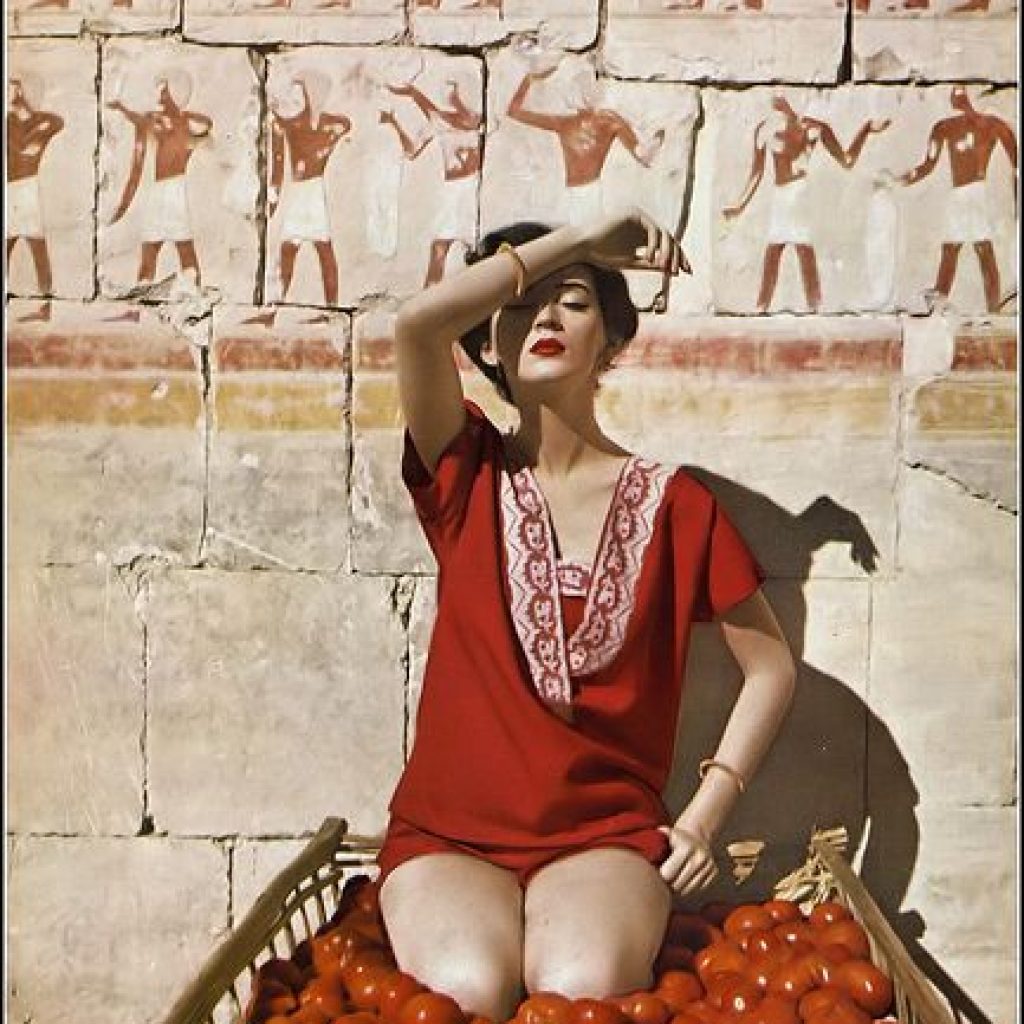
FAQs
- What is the best way to travel between Luxor and Aswan?
- The ideal way to travel from Luxor to Aswan is on a Nile cruise, providing a picturesque and calming journey.
- Trains and buses are alternatives too.
2. Are there any safety concerns for tourists in Luxor and Aswan?
- Luxor and Aswan pose minimal risks for tourists. It’s advisable to stay informed about local conditions and follow standard travel safety precautions.
3. How much time should I allocate for visiting Luxor and Aswan?
- A week is ideal to explore both cities thoroughly, allowing time for major attractions and some relaxation.
4. Can I visit Abu Simbel from Aswan on a day trip?
- Yes, Abu Simbel can be visited on a day trip from Aswan. It’s a popular excursion that usually involves an early morning start.
5. What kind of accommodation options are available in Luxor and Aswan?
- Both cities offer a range of accommodations, from luxury hotels and resorts to budget-friendly guest houses.
6. Is it necessary to hire a guide for the historical sites?
- Though optional, hiring a guide is strongly advised better to grasp the site’s historical and cultural importance.
7. What should I wear when visiting Luxor and Aswan?
- Comfortable, lightweight clothing is recommended due to the hot climate. It’s also important to dress modestly and respect local customs.
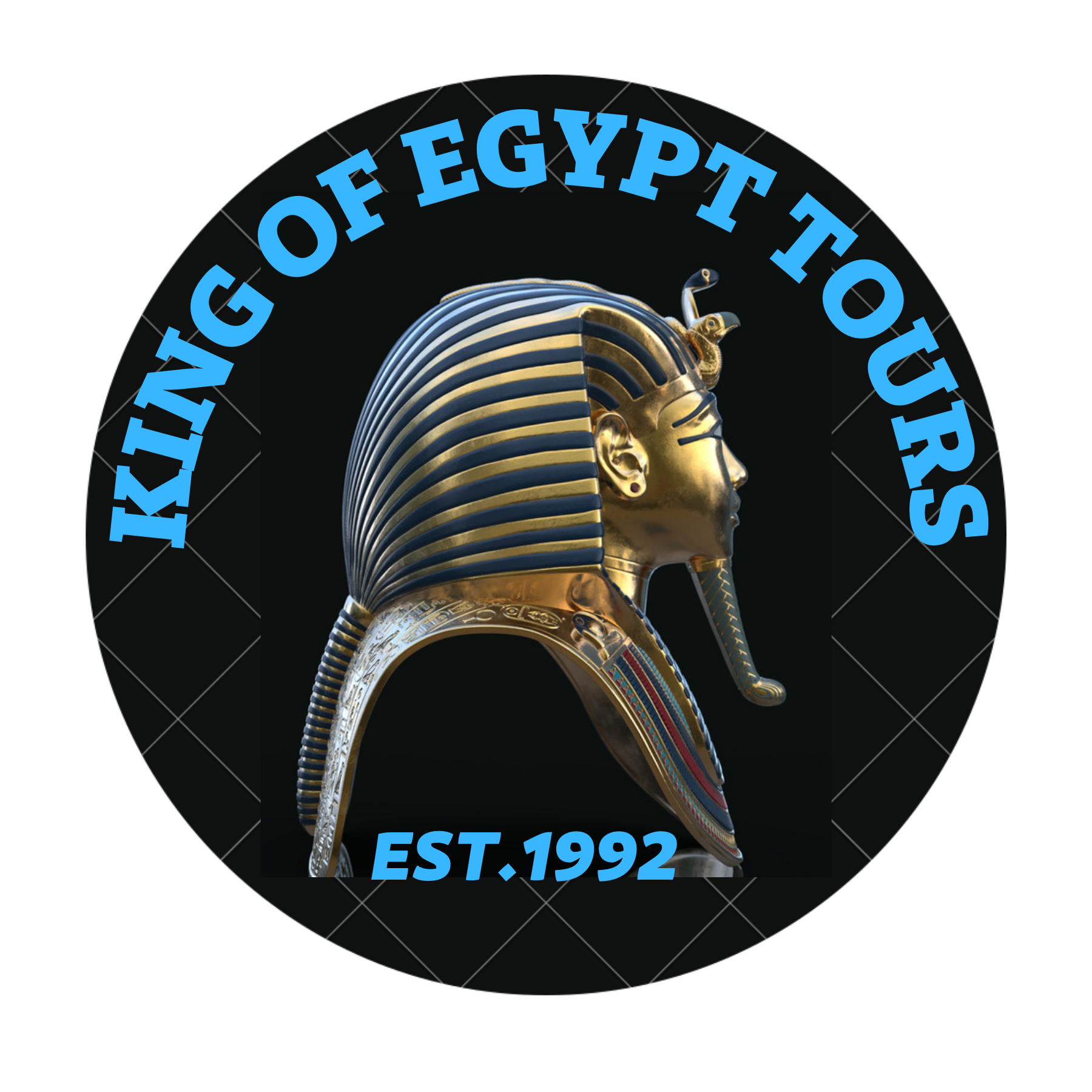

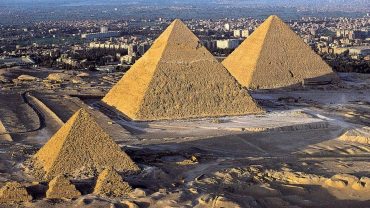
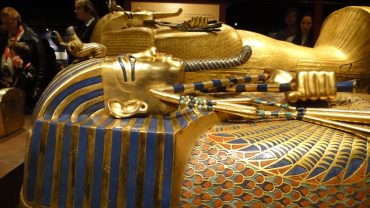

Comment (0)